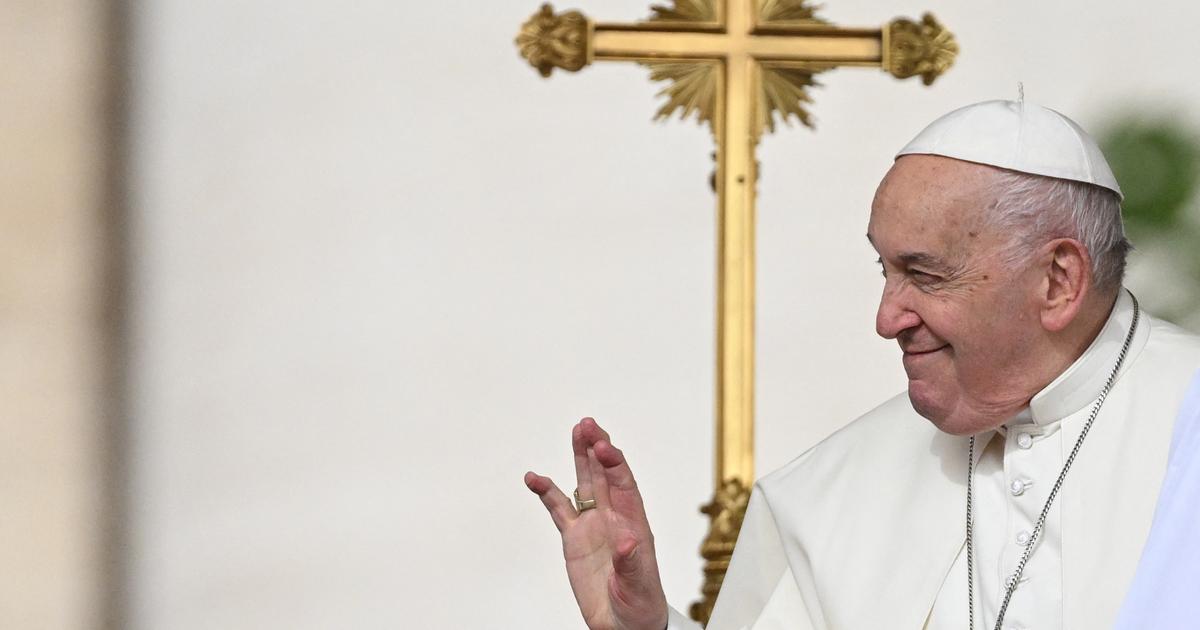In the early 20th century, British writer Norman Angell published a famous book called The Great Illusion, in which he claimed that economic progress and increased world trade had made war obsolete.
Nations, Angell argued, could no longer become rich through conquest: industrial workers could not be exploited like peasants, and even small countries could prosper by importing raw materials and selling their products. products in world markets.
In addition, war between economically interdependent nations would have enormous costs even for the victors.
Angell did not predict the immediate end of the war, which was good for his credibility, since the massacre of World War I was just around the corner.
However, he did aspire to persuade politicians to abandon their dreams of military glory.
And one of the implications of his logic was that closer economic ties between countries would serve to foster peace.
Indeed, the idea of peace through trade would become the cornerstone of Western diplomacy after World War II.
In my last column I discussed the General Agreement on Tariffs and Trade, which has governed world trade since 1948. This system owes its origins in large part to Cordell Hull, Franklin Roosevelt's Secretary of State, who viewed world trade as a strength for peace, as well as for prosperity.
The road to the European Union began with the creation of the Coal and Steel Community, one of whose objectives was to create such interdependence between France and Germany that a future European war would be impossible.
But now, as I wrote in that column, the United States, which in large part created the global trading system, is imposing new trade restrictions in the name of national security and bluntly asserting that it has the right to do so whenever it chooses.
When the Trump administration did, it could be dismissed as an aberration: Donald Trump and those around him were crude mercantilists with no sense of the historical reasons behind today's trade rules.
But the same cannot be said of Biden's officials, who understand both economics and history.
So, have we reached the end of peace through trade?
Not exactly, but it is a doctrine that has lost a lot of strength lately, for various reasons.
First, it is possible that the idea that trade promotes peace is true only for democracies.
The United States briefly invaded Mexico in 1916 in an unsuccessful attempt to capture Pancho Villa;
that would be inconceivable today, since Mexican factories are an integral part of the North American manufacturing system.
But are we just as certain that Taiwan's equally deep integration into the Chinese manufacturing system precludes any possibility of invasion?
Unfortunately, authoritarianism has been on the rise for some time in many countries around the world.
This is partly because some fragile democracies have collapsed;
in part because some autocracies, notably China, have opened up economically, if not politically;
and partly because some of these autocracies (again, notably China) have experienced rapid economic growth.
And what about the idea that the increasing integration of the world economy would itself be a democratizing force?
This idea was a key pillar of the economic diplomacy of some Western countries, particularly Germany, which bet heavily on the
Wandel durch Handel
doctrine , transformation through trade.
A glance at Vladimir Putin's Russia or Xi Jinping's China shows us that this doctrine has failed: China began opening up to international trade more than 40 years ago, and Russia 30 years ago, but neither shows signs of converting. in a democracy and not even in a country with a solid rule of law.
In fact, international interdependence may have made the current war in Ukraine more likely.
It is not nonsense to suggest that Putin expected Europe to accept the conquest of the Ukraine because of its dependence on Russian natural gas.
Once again, I am not implying that the idea of peace through trade is completely wrong.
A war in the heart of Europe (though unfortunately not on its periphery) has become difficult to imagine thanks to economic integration;
wars to secure access to raw materials seem much less likely than before.
But the dream of a "commercial peace" has definitely lost much of its force.
This is very important.
We live in a world of very open markets, but that didn't have to happen and it doesn't have to persist either.
We have not gotten this far by inexorable economic logic: globalization can and has regressed for long periods when it loses political support.
Nor have we come this far because economists have convinced politicians that free trade is good.
Rather, the current world order largely reflects a number of strategic considerations: leaders, especially in the United States, believed that more or less free trade would make the world more sympathetic to our political values and safer for us as nation.
But now even relatively internationalist policy makers like Biden administration officials are not sure.
It is a very big change.
Paul Krugman is a Nobel Prize Winner in Economics.
© The New York Times, 2022. Translation of News Clips
Subscribe to continue reading
Read without limits
Keep reading
I'm already a subscriber

/cloudfront-eu-central-1.images.arcpublishing.com/prisa/7EBE7E2XPFCQJK4OSOX6FJT75A.jpg)













